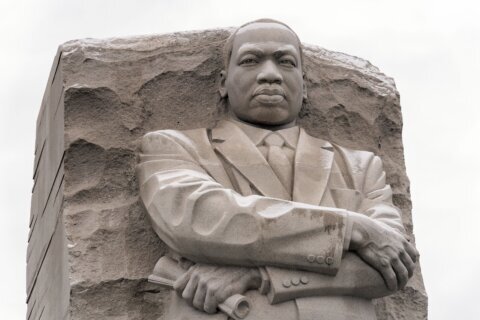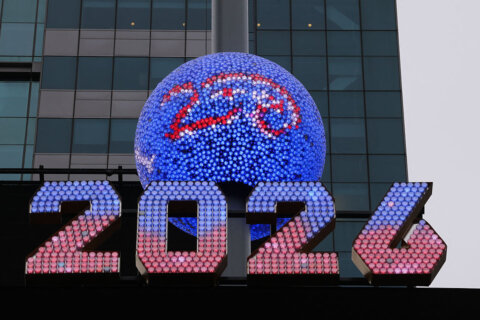Monday marks the beginning of Kwanzaa — a seven-day celebration of African American culture, family and community that lasts until Jan. 1.
It was started in 1966 by Maulana Karenga, an activist and professor of Black Studies at California State University, Long Beach following the 1965 Watts Riots as a way to reaffirm African American cultural connections to Africa and strengthen community ties.
Kwanzaa, come from the Swahili phrase “first fruits of the harvest,” or “matunda ya Kwanzaa,” and is meant to evoke traditional African harvest festivals.
The weeklong secular holiday is observed with Pan-African symbols and rituals, including decorating a table with a straw mat, laying out fruit and vegetables and lighting the Kinara candle holder.
Each of the seven days focuses on a core principle: unity, self-determination, collective work and responsibility, cooperative economics, purpose, creativity and faith.
On the sixth day, the Karamu feast is held and favorite dishes of the African diaspora are shared and enjoyed.
The day after Christmas is also Boxing Day in the UK and Commonwealth nations.
It originated in 19th century Britain as a day when wealthy families would gift Christmas boxes to their servants who had been working on the actual Christmas holiday.
These days, Boxing Day is mostly celebrated as a shopping holiday.








